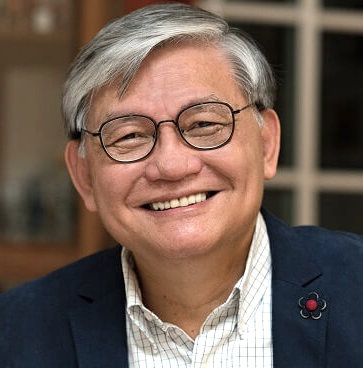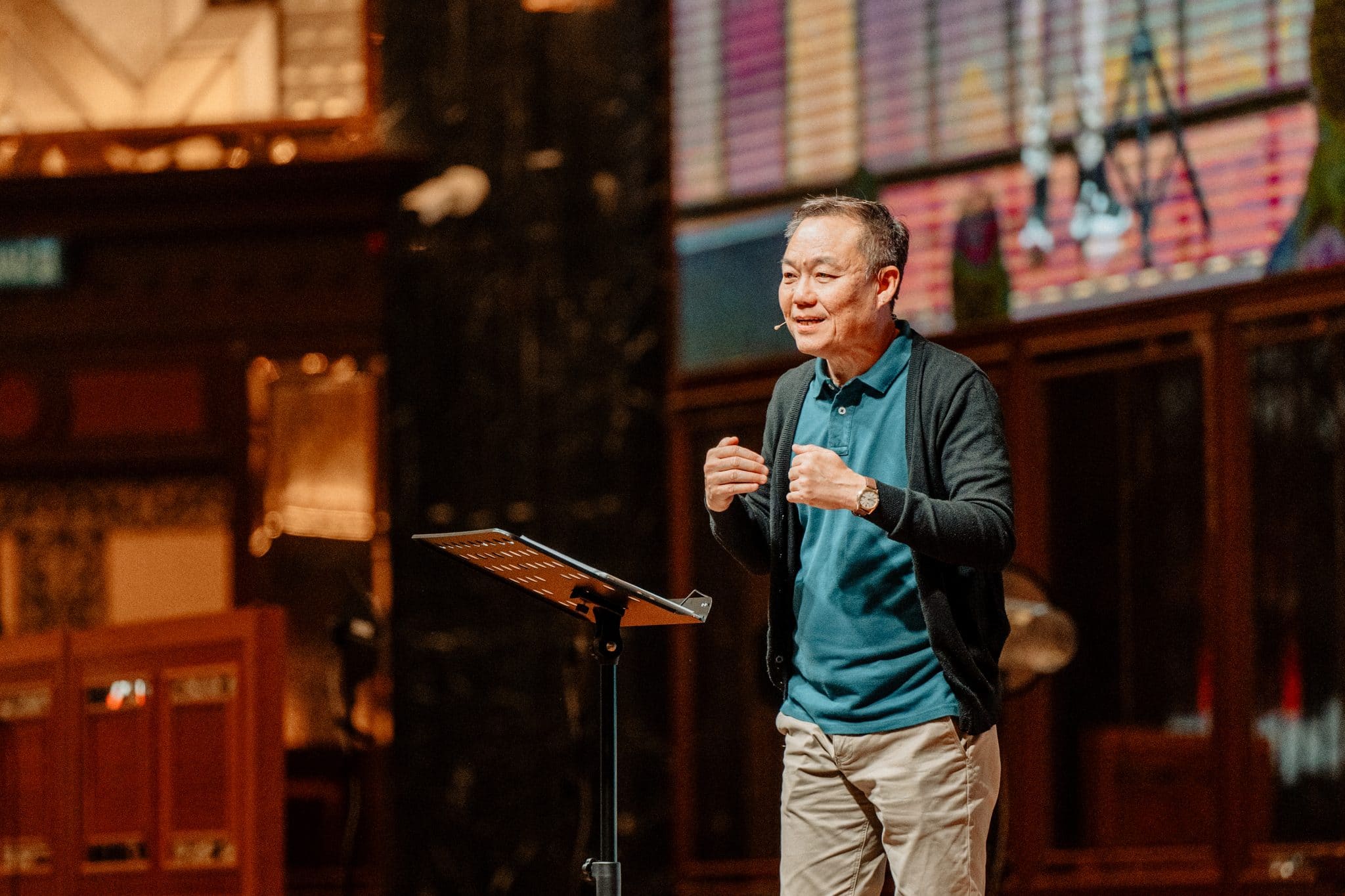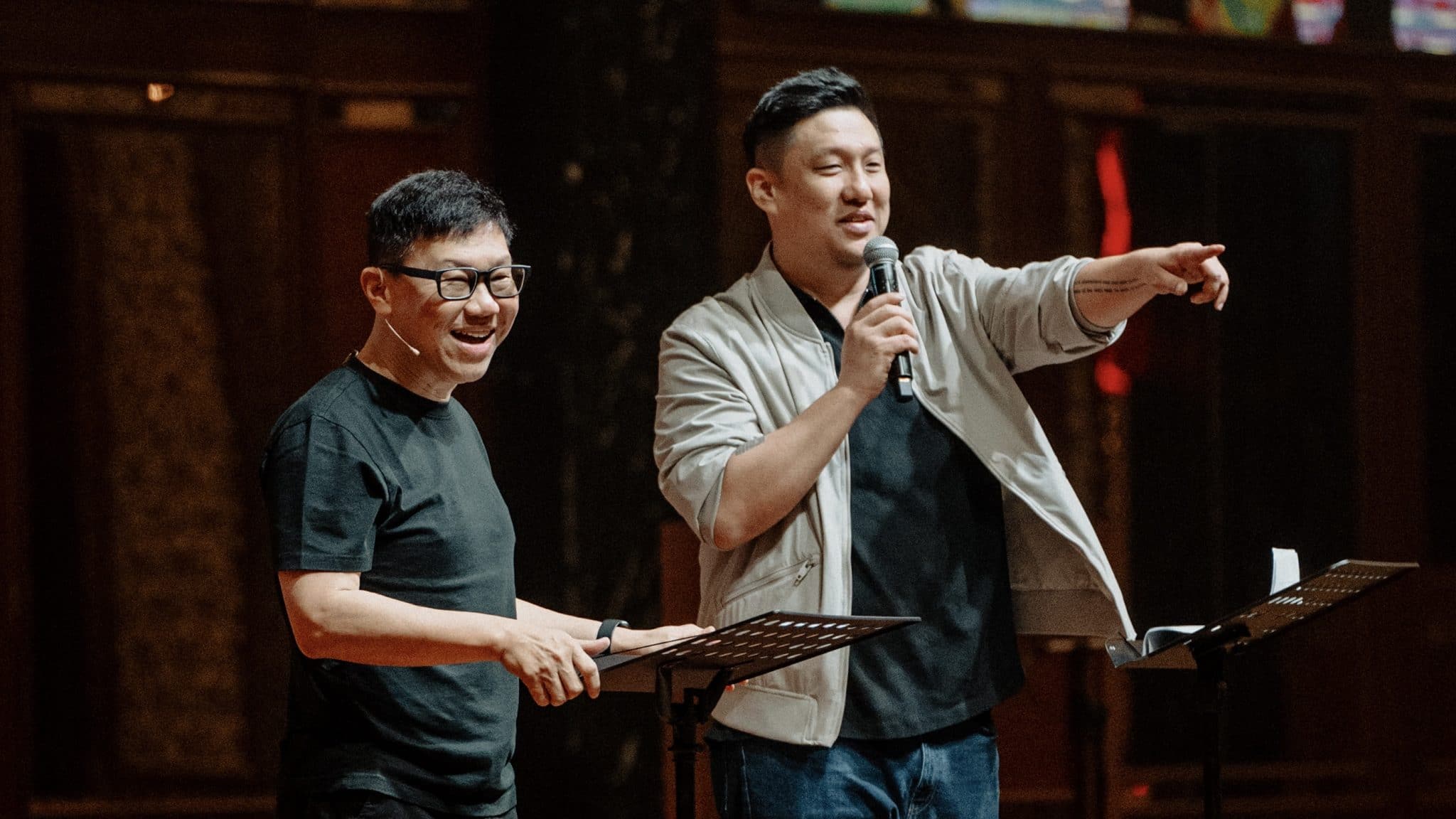
By Celebration of Hope Volunteer Photo Pool
In most towns we frequent, there is one church that we consider our “home church”.
In Penang, not surprisingly, it is Georgetown Baptist Church (GBC).
I grew up in that church and served as her pastor for four years, my first pastorate after seminary. Georgetown Baptist was also the church that ordained me for church ministry and has stood by me though the ups and downs of my life.
So, if I am not ministering elsewhere, when we are in Penang over a weekend we will be worshipping in GBC.
In the Klang Valley, our “home church” is Bangsar Lutheran Church (BLC). We really appreciate the warmth, the creativity, the inclusiveness, the grace and the commitment to holistic mission we find there. And they are dear friends. Those who knew a young Soo-Inn would be surprised (shocked?) to find me hanging out in a Lutheran church (though there are times when BLC may look like a Brethren church masquerading as a Lutheran church).
There are days when I am surprised that I feel at home in a Lutheran church. Those who know me will know that I am unapologetically “free church” by conviction.
Renewing the mind
I believe among other things in believer’s baptism, the freedom and right of each church to follow Christ without submitting to some earthly spiritual leader, that all believers are equal in Christ — no clergy with special clothes doing special things — though different church members may have different roles, that a church collectively can discern the mind of Christ when making decisions, etc.
I was part of a group that had separatist tendencies. I remember believing such convictions with embarrassment and shame now.
There is no need for me to expound on free church distinctives because it is all out there. I also am not keen to debate on the different distinctives because folks can read the material out there and make up their own minds. It didn’t help that my first exposure to Christianity was when I was part of a group that had separatist tendencies.
So, explicitly taught or implied: Mainline churches were liberal; liturgical churches, like the Anglicans and the Lutherans, were actually Roman Catholics in disguise. As for the Pentecostals, they were enthusiasts who majored on weird phenomena like speaking in tongues, being slain in the Spirit, etc., but who didn’t take the Word seriously.
I remember believing such convictions with embarrassment and shame now and, if I could, would apologise to all whom I had hurt when I espoused such unkind and arrogant convictions.
I am not saying that we should surrender our convictions, we should have a posture of humility as we hold to our convictions.
Fellowship of Evangelical Students (FES) campus groups like the Varsity Christian Fellowship (VCF) helped to break down my prejudices. In such fellowships, you met folks from other denominations and traditions who were serious followers of Jesus and even if you disagreed with some of their convictions and practices, you discovered that they had their biblical and historical rationale for their beliefs.
So, while I appreciate the growth of church-based and denomination-based campus ministries, and I understand the biblical basis for this practice, I bemoan the fact that such groups will find it difficult to provide the mutual learning and indeed humbling that comes from being part of interdenominational groups.
The humble approach
I am not saying that we should surrender our convictions. I will hold to my beliefs until I am persuaded otherwise by the Word.
But I have learned, like many have, that there are truths that are central to our faith — the lostness of man; the gospel of Jesus Christ as the only solution to that lostness; the Trinity (God is one yet three); Jesus as truly God and truly Man.
In our ministry with younger adults we have discovered that denominational distinct-ness based on “non-essentials” no longer matter very much to them.
The Nicene creed functions as a lowest common denominator for the church’s cardinal beliefs and I don’t think I can be part of a church that doesn’t hold to that. But things like the mode of baptism, should everybody speak in tongues, young earth/old earth, even church polity — congregational, presbyterian, episcopalian — though I may be convicted about a certain polity, are not deal breakers that would cause me to shy away from fellowship.
Indeed, if we see “in a glass darkly” (1 Corinthians 13:12 KJV), we should have a posture of humility as we hold to our convictions. What is clear is the command that we must love our brothers and sisters (John 15:12).
Multi-faceted strength
In our ministry with younger adults we have discovered that denominational distinctness based on “non-essentials” no longer matter very much to them. We had a mentoring group once with folks from an independent Pentecostal church, a charismatic Anglican church, and a Bible-Presbyterian church who found that they had more in common with each other than with the church leadership of their respective churches.
If we were all exactly the same, what could we learn from each other?
But they were all committed to the Word, to growing in Christ-likeness, and to ministry. (Church leaders, please take note.) I am not arguing for the complete elimination of all denominational distinctives. If we were all exactly the same, what could we learn from each other?
I was inspired by my Catholic and mainline church friends in their commitment to social justice and the meeting of human need in society. I learnt about the presence and the power of God from my Pentecostal/Charismatic friends. And my Reformed friends taught me the centrality of the Word and biblical doctrine.
I wouldn’t have learnt these lessons if we were exactly the same, with the same strengths and the same weaknesses.
Much-needed work
My time at Regent College also helped me to appreciate the different denominations and traditions. There I met professors who were loyal to their churches and their traditions but I also noted that they put their loyalty to Christ and the Word first.
Jesus still calls us to show we are His disciples by how we love one another.
One of the professors, Dr Bruce Waltke, encouraged believers to love one another while they worked toward the unity of the faith (Ephesians 4:11–13) through humble dialogue.
I saw this principle in action when faculty would debate over contentious issues like the role of women in church and society. They would defend their own positions clearly and passionately but always with great respect for each other and in the context of obvious affection for each other.
We live in a world that is increasingly polarised and divided. Jesus still calls us to show we are His disciples by how we love one another.
It is hard work and possible only in the power of the Spirit. But it is work we must do.
(By the way, in Singapore, Bernice and I are regularly worshipping in an Anglican church these days.)
We are an independent, non-profit organisation that relies on the generosity of our readers, such as yourself, to continue serving the kingdom. Every dollar donated goes directly back into our editorial coverage.
Would you consider partnering with us in our kingdom work by supporting us financially, either as a one-off donation, or a recurring pledge?
Support Salt&Light



